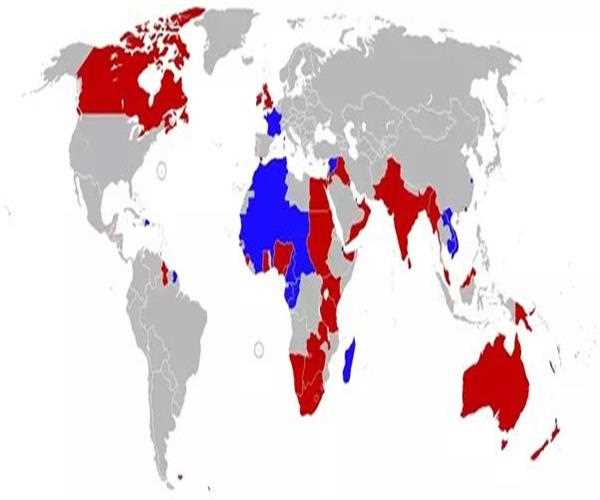Britain and France colonized countries around the world for a variety of reasons, including:
- Economic reasons: Colonialism was a way for European countries to acquire resources, such as land, raw materials, and labor. This helped to fuel the Industrial Revolution in Europe and gave European countries a competitive advantage over other parts of the world.
- Political reasons: Colonialism was a way for European countries to extend their power and influence. This gave them control over strategic resources and trade routes, and it also helped to spread European culture and values.

- Religious reasons: Some European countries, such as Britain, were motivated by a desire to spread Christianity to other parts of the world. This was seen as a way to "civilize" the native populations and bring them into the "European fold."
- Racism and discrimination: European colonists often viewed the native populations as inferior and therefore justified their colonization. This led to the exploitation of the native populations and the suppression of their cultures.
The colonization of Africa, Asia, and the Americas had a profound impact on these continents. It led to the displacement of millions of people, the destruction of cultures, and the exploitation of natural resources. The legacy of colonialism continues to be felt today, and it is a major factor in the political and economic instability of many developing countries.
In addition to the reasons listed above, there were also a number of other factors that contributed to the colonization of Africa, Asia, and the Americas. These included:
- The rise of capitalism: The rise of capitalism in Europe led to a demand for new markets and resources. This created an incentive for European countries to colonize other parts of the world.
- The development of new technologies: The development of new technologies, such as steamships and guns, made it easier for European countries to conquer and control other parts of the world.
- The decline of the Ottoman Empire: The decline of the Ottoman Empire in the 18th and 19th centuries created a power vacuum in the Middle East and North Africa. This allowed European countries to colonize these regions.
The colonization of Africa, Asia, and the Americas was a complex process with a long history. It is important to understand the different factors that contributed to this process in order to fully appreciate its impact on the world today.